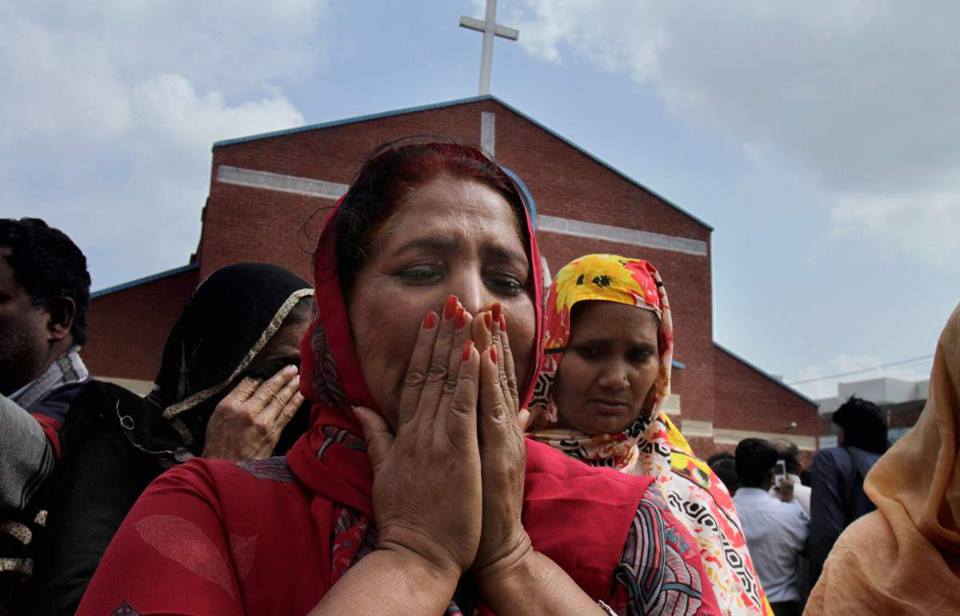You’ve heard of Wedding Singers
Now it’s Wedding Pastors
Here’s a very disturbing post: Clergy for Hire
The Rev. Jay McNeal was having a hard time getting his way. He wanted a position that just wasn’t working out. He took matters into his own hands. Nothing wrong with that. But he is trying to bring the rest of the Church with him. Not just his own denomination—anyone looking to make a buck as a pastor and who is willing to bypass denominational structures.
With a little internet knowledge, McNeal set up an online employment agency to link pastors (people with ordination papers) to people who want the trappings of church without any commitment. His website has a list of services available. Weddings. Baptism. Funerals. Communion, etc. Some of this is just to sound good. Truth be told, Clergy for Hire are looking for weddings—ceremonies that people, who wouldn’t put a dime in an offering plate, are willing to pay big bucks for. Wedding Pastors.
Who benefits? The pastors. They can cherry-pick assignments. They can take the lucrative weddings and turn their backs on the messy stuff of life. The clientele for Clergy for Hire will not be the homeless, the weak, the ill, the marginalized, the children with only allowance money in hand, the elderly who have lost control of their bank accounts, the unemployed, imprisoned, abused and confused.
Oh, and there is another beneficiary. The Rev. Jay McNeal, the website guy. He’ll be churning a monthly income. $5 per month per participating pastor, for now. Watch that grow to $19.99 per month and then to $49.97 per month before you can recite the benediction. Wedding Pastors, do you want the better assignments? Go PRO for $997 per year. It’s the internet formula for success!
Who is overseeing all this? A pope? A bishop? An elder? Elected clergy of some sort? A presbytery? A council? Someone responsible to anyone else? Nope. The Rev. Jay McNeal, the website guy, is in charge. He fast-tracked himself to cardinal of all denominations.
Why Clergy for Hire means trouble
This can get out of hand very quickly. There are serious problems that seminaries and denominations would be wise to address with their pastors and member churches.
- The focus of Clergy for Hire is on clergy need, not community or even individual needs. A “spiritual but not religious couple” don’t need a pastor to tie the knot. They can walk to city hall or take a cruise and ask the captain. Or they can hire a college friend who signed up for ordination papers online! It is not a need for them. It’s a want. They want a pastor for a day. Life is rosy at the moment. They can’t see around the corners of life.
- The clergy will set their own fees. None of it will go to Christian community—the people who look around life’s corners and give so that there is support for those in trouble when that day comes. How do “Clergy for Hire” propose to care for the troubled? Pay to pray. Indulgences! Here we go again!
- Clergy for Hire is for the affluent. Weddings, funerals, baptisms, for $500 or so a pop. Fostering relationship with God and participation in a faith community, the true work of pastors, is not required.
- Neighborhood pastors with set salaries will be competing with pastors who will never feel any obligation to invite people to join, give, or commit to anything.
- Clergy will be hiding from the organizations that ordained them, exploiting their certification for their sole enrichment. They receive authority as pastors from their denominations. That isn’t just a bishop. It’s the people. Clergy for Hire need not be bothered. They are in the employ of the website guy.
- There will be a temptation to water down doctrine. Denominational affiliation could cut back on sales! No unpleasant teachings for my $500, please! Just help us feel good.
- Fundamentals of Christianity are compromised. Baptism welcomes people into the family of God. There should be no such thing as “private” baptisms. Communion, too, is about community. But there are even greater problems.
- You might assume that this will attract retired pastors or pastors without a call. But what is to stop a pastor who is collecting a salary and benefits from a congregation from signing up? How does moonlighting affect the commitments ordained pastors make with their congregations?
- There is a strong temptation for clergy to develop their own followings—cult leadership. More about that later.
- Who is overseeing the accounting? Probably the website guy!
This may be what the Church needs to start using the web!
Clergy are notoriously slow for understanding the power of the web. Prediction: it won’t take them long when they see checks coming to them with 20% taken out by the website guy.
All today’s pastors who cannot see the benefit of church web outreach will soon understand! They will create their own web sites—personal sites, not church web sites. They will carry business cards and brochures. No more skipping the invitation to the wedding reception! Wedding pastors will learn to work the room. The celebrants are paying for them to attend. Might as well make the most of it! They’ll be lots of young people to impress. Turn on the charm. More weddings. Most will soon have babies to christen. Quick. Start a blog. Include some photos from your best events. Don’t forget a testimonial page about how great a pastor you are. Collect those email addresses. Send out a newsletter once a month. Keep your name in front of the crowd. Impress them with your skills and charisma. Make sure they come directly to you next time.
Good-bye, website guy—unless website guy figures out a way to keep these pastors in his stable. How? If the denominations give him trouble, he can ordain his followers! They’ll be an additional fee, of course.
Good-bye, denominations!











